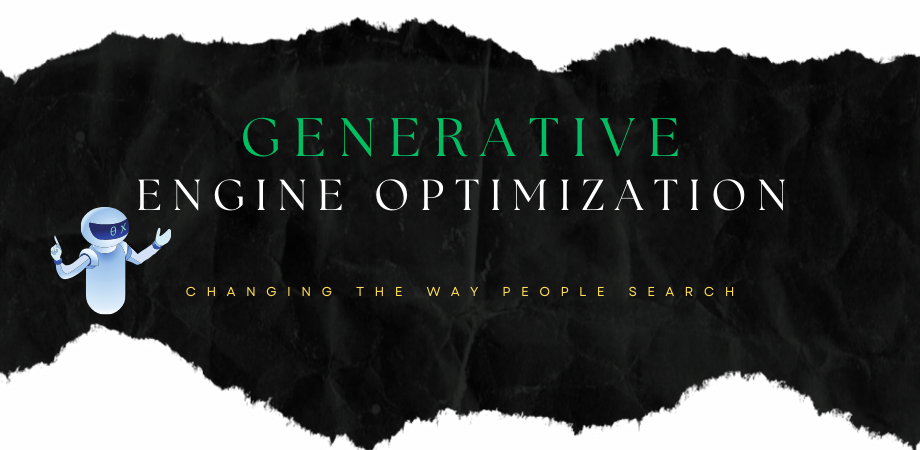12 Signs of Poorly Managed PPC Campaigns

PPC campaigns can deliver impressive results when properly managed, but if neglected or mismanaged, they can quickly turn into a drain on your resources with little to show for it. Here are some common problems seen from poorly managed campaigns and their consequences:
1. Overspending Without Results
One of the most common problems is overspending due to the lack of proper budgeting and bidding strategies. Without monitoring cost-per-click (CPC) limits or ROI metrics, a poorly managed campaign can deplete your budget on low-value clicks, leaving little room for meaningful conversions.
Impact: Wasted budget and reduced efficiency in marketing spend.
2. Poor Targeting
Ineffective or broad targeting can lead to ads being shown to the wrong audience. For example, a B2B service like secure document shredding might accidentally target individuals or regions outside their service area. Using irrelevant keywords or failing to employ negative keywords can make the campaign ineffective.
Impact: Low-quality leads, reduced engagement, and minimal conversions.
3. Low-Quality Scores
Search engines like Google assign quality scores to ads based on their relevance, click-through rate (CTR), and landing page experience. A poorly managed PPC campaign often results in low-quality scores due to irrelevant keywords, generic ad copy, or disconnected landing pages.
Impact: Higher CPCs, reduced ad visibility, and poor ROI.
4. Ineffective Ad Copy
Your ad copy is the first impression for potential customers. Poorly written ads that lack clear CTAs, fail to highlight unique selling points (USPs), or are irrelevant to the audience will fail to grab attention and drive clicks.
Impact: Low CTR and missed opportunities to engage high-intent users.
5. Lack of Conversion Tracking
Conversion tracking is essential for measuring the success of a PPC campaign. Without it, advertisers cannot determine whether the clicks are translating into leads, sales, or other desired outcomes.
Impact: No insight into ROI and difficulty optimizing future campaigns.
6. Irrelevant or Misaligned Landing Pages
Even with great ads, sending users to irrelevant or poorly designed landing pages can derail the user experience. A landing page that doesn’t match the ad’s promise, is hard to navigate, or lacks clear CTAs will discourage conversions.
Impact: High bounce rates and lost potential customers.
7. Neglecting Negative Keywords
Failing to use or regularly update a negative keywords list can result in ads appearing for irrelevant searches. For example, if a business doesn’t exclude "free shredding services" as a negative keyword, they might attract users looking for non-paying options.
Impact: Wasted spend on irrelevant traffic.
8. Ignoring Mobile Optimization
With more users relying on mobile devices, ads and landing pages that aren't mobile-friendly can result in poor user experiences. A mismatched mobile experience can frustrate potential leads and cause abandonment.
Impact: Reduced engagement and conversion rates from mobile users.
9. Lack of Regular Monitoring
PPC campaigns require constant oversight for adjustments. Without proper monitoring, you might miss opportunities to optimize bids, expand successful ad groups, or refine underperforming ones. Competitors could also outbid you on crucial keywords while you’re unaware.
Impact: Campaign stagnation, underperformance, and missed optimization opportunities.
10. Misaligned Goals
If campaign objectives aren’t clearly defined and aligned with overall business goals, the strategy might focus on metrics like impressions or clicks instead of meaningful outcomes like conversions or sales.
Impact: Low ROI and misdirected efforts.

11. Ignoring Competitor Actions
Failing to assess competitor performance and activity can leave you vulnerable to being outpaced. Competitors may bid on your branded keywords or outperform you with more relevant content and higher bids.
Impact: Loss of market share and visibility.
12. Overreliance on Automation
While automated tools and features (like Smart Bidding) can save time, overreliance without proper human oversight can lead to missed nuances. Automation might prioritize cost or volume at the expense of lead quality.
Impact: Suboptimal outcomes and reduced lead quality.
How to Avoid These Pitfalls
- Regular Monitoring: Review campaign performance metrics frequently to identify underperforming areas and adjust accordingly.
- Strategic Planning: Clearly define the target audience, keywords, and campaign objectives before launching.
- Ongoing Optimization: Test and refine ad copy, keywords, and landing pages to improve relevance and engagement.
- Proper Tracking: Set up and evaluate conversion tracking to measure performance accurately.
- Competitor Analysis: Keep a close watch on competitors to maintain an edge in bidding and targeting strategies.
- Prioritize Mobile-Friendly Design: Ensure both ads and landing pages are optimized for all devices.
- Invest Time in Negative Keywords: Continuously update your negative keyword list to filter out irrelevant search terms.
Trust ClickReady to Properly Manage Your PPC Campaigns
A well-managed PPC campaign requires a mix of data-driven decisions, creative strategy, and hands-on oversight. By addressing these risks proactively, ClickReady can ensure your campaigns are efficient, effective, and performance-driven.For more information on how we can manage your PPC campaigns, please call us today for a free consultation.
Frequently Asked Questions About PPC Campaign Management
Why is conversion tracking essential for a successful PPC campaign?
Conversion tracking helps you measure the effectiveness of your ad spend by showing which clicks lead to valuable actions, such as form submissions or purchases. Without it, you can't accurately assess ROI or identify which campaigns need optimization, which can result in wasted budget and missed growth opportunities.
How do negative keywords improve PPC campaign performance?
Negative keywords prevent your ads from showing up in irrelevant searches, ensuring your budget is spent reaching the right audience. For instance, excluding terms like "free" or "DIY" can help avoid clicks from users who aren't ready to pay for your services. Regularly updating your negative keyword list is key to maintaining efficient targeting.




